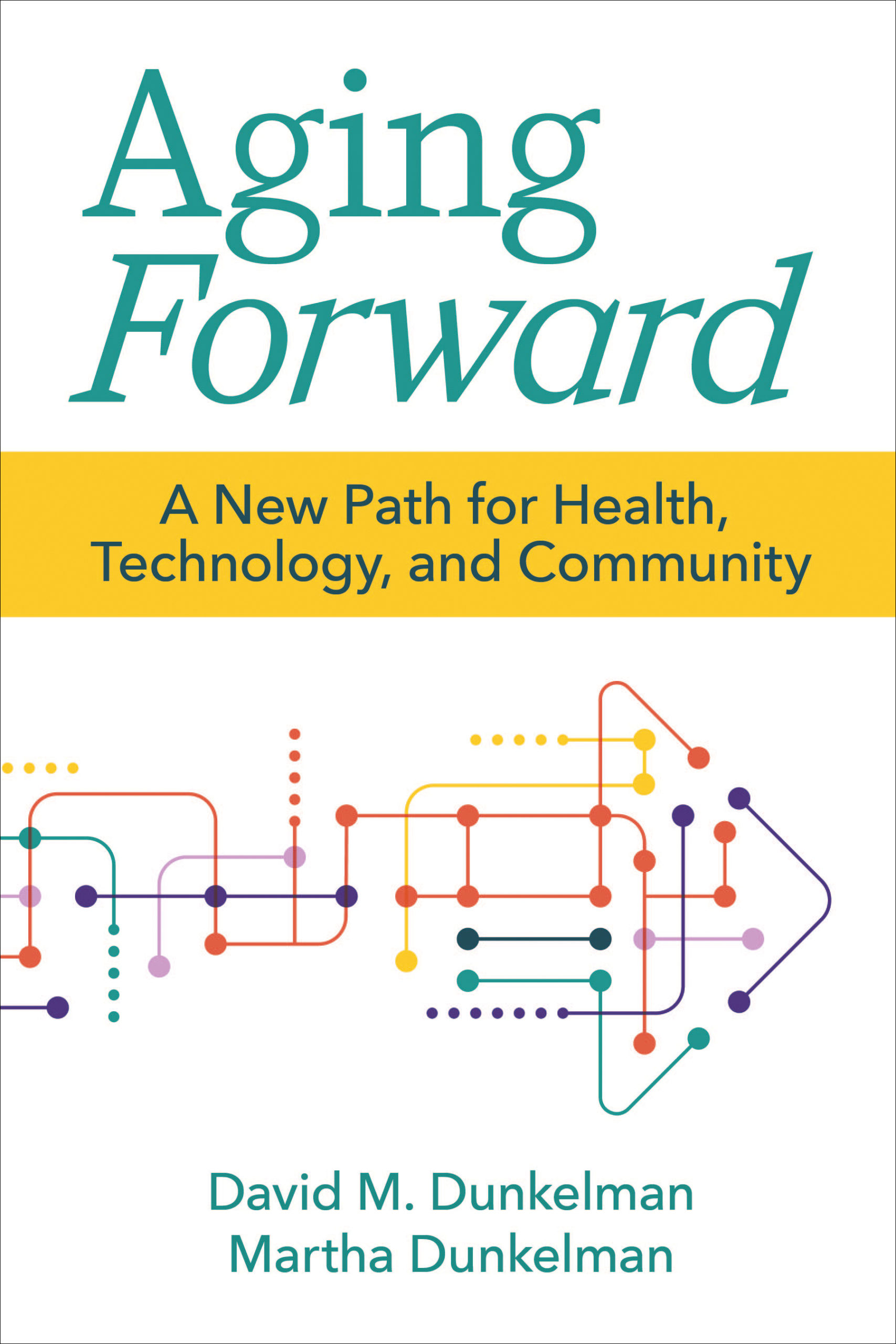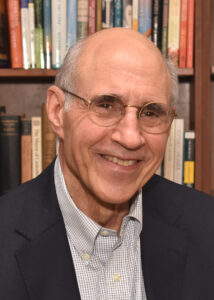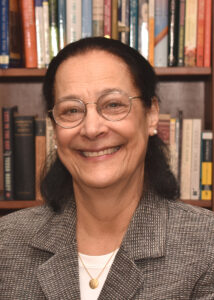THE NEW PATH FOR HEALTH, TECHNOLOGY, AND COMMUNITY
In 10 years, all 72 million Baby Boomers will be over 65. The current healthcare delivery system will be unable to meet their needs. Older people, and government, cannot afford it. People know it, and the stress of this affects their daily lives. We will continue to live longer, accumulating chronic conditions. But there is a new way forward.
Technology revolutionizes healthcare
Technology will enable us to bring healthcare to people within the community where they prefer to live, rather than in institutions. Digital technology can continually maintain and accumulate a clear picture of a person’s changing conditions, suggest coordinated interventions, and help orchestrate actual delivery of care. A home will no longer be an isolated environment, but will be integrated into a network that is constantly sharing and receiving information and support.
The big players will move in
We are already reformulating retail, banking, manufacturing, communications, education, transportation, nutrition, and exercise. We are on the cusp of a new approach to health. We will combine technology, insurance, and chronic healthcare. Digital players will adapt their technology to address this enormous need and new opportunity (they are already beginning to do so). As they did 100 years ago in creating hospitals to address infectious disease, community leaders will come to the fore to create community-based systems that address the chronic disease in their midst.
Government will shift priorities
Government will evolve from acting as an absolute controller of a system that is outdated and no longer affordable to serving as a monitor of innovations and protector of consumers.
Minds will change
Freed from institutionalization and segregation, inclusion of older people in the lives of others will deflate ageism, as it has happened with racism, sexism, homophobia, and religious intolerance over the past 60 years. The historic terms of aging will give way as carriers of old meanings and expectations, to words that suggest acceptance and accommodation into the normal life course. Aging will quickly evolve from a frightful, isolating, misunderstood era of life, to one integrated naturally and fully into the life course. And aging as we know it will disappear.
How this can happen is the story of Aging Forward.
Look Inside Aging Forward
Where Are the Old People?
We usually do not perceive the changes in our environment that are lengthening life and the dramatic effects of increased longevity. If we look around for what, in loose talk, we call “old people” who fit the outdated stereotype, we will see a few. If we look around instead for “adults over 70,” we will find a lot more. In 1950, 70 was old. Now, that’s no longer true. So, what does “old” mean today?
Living in the Age of Extended Chronic Conditions
Our cultural understanding of the nature of disease is still based on the belief that acute disease is the fundamental culprit that affects most lives. Until around 100 years ago, widespread infectious diseases such as smallpox or tuberculosis that could kill people at any age were the primary threat to human health. Today, however, that element, which held true through all the previous millennia of human existence, is no longer dominant.
Digital Interventions for Older Adults Will Create an Alternative to Nursing Homes
Given a choice between care in a family setting and care in a nursing home, most older people prefer to maintain control and independence and choose to remain in their own home. Increasingly, interventions in the environment can provide the assistance needed for older people to live safely at home for much longer than has ever been possible, and new interventions are being developed all the time.
This groundbreaking book highlights the impact of the deluge of older people on our broken healthcare system. The current financing system is a significant barrier to change and improvement. David’s 30 years of experience provide some important insights about how America can meet the challenge. It offers a realistic and practical path out of the current stagnation and denial.
Quotes from Aging Forward
View All Quotes“We don’t usually think of frail older adults as active consumers. But as they become aware of more consumer choices, competition for their business is creating a huge new market. We’re already spending more than a trillion dollars a year on interventions of all sorts. The provider who produces a less expensive, less medicalized intervention to meet a particular need will get more business.”

Whether it’s a fear of nursing homes, worry about money running out, or the political crises impacting the future of Medicaid and Medicare, the uncertainty of aging is on the minds of many Americans. Aging Forward author, David Dunkelman talks us through why we all need to be thinking about this, and how the solutions to our concerns are all around us just waiting to be applied.
Read the InterviewThis groundbreaking book envisions a new direction for aging and aging care networks and, in doing so, invites us to imagine better care for all people with ongoing health or mental health conditions. Not only a “must read” for health professionals, interprofessional educators, and health policy makers, it would be a great book for anyone interested in these topics or in a future involving networked care.
Resources
Facts and Figures About Aging
The number of Americans ages 65 and older is projected to nearly double from 52 million in 2018 to 95 million by 2060, and the 65-and-older age group’s share of the total population will rise from 16 percent to 23 percent.
Nearly 95% of older adults have at least one chronic condition, and nearly 80% have two or more.
Multiple chronic diseases account for two-thirds of all healthcare costs and 93% of Medicare spending.
Download Media Kit
SIGN UP FOR OUR NEWSLETTER
Updates on new educational materials available for free and for sale, discounts on popular items, as well as information on various authors and their experience.



 David Dunkelman, M.S., J.D.
David Dunkelman, M.S., J.D. Martha Dunkelman, Ph.D.
Martha Dunkelman, Ph.D.